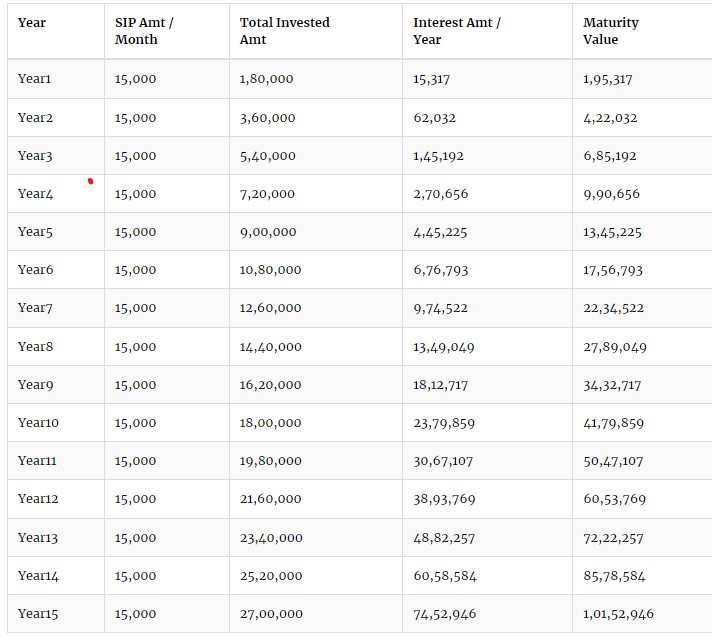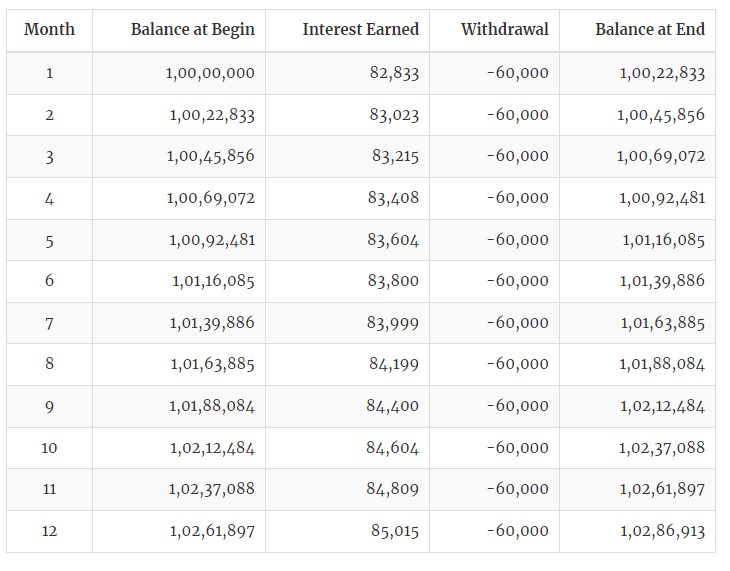Demystifying Investments: Stocks, Mutual Funds, SIP, and SWP Explained
Demystifying Investments: Stocks, Mutual Funds, SIP, and SWP Explained
FINANCE SIMPLIFIED SELF HELP
8/12/20233 min read


Investing money is a powerful tool to grow wealth, achieve financial goals, and secure a prosperous future. However, the world of investments can be daunting with its jargon and various options. In this article, we'll unravel the mysteries surrounding four key investment concepts: Stocks, Mutual Funds, SIP, and SWP.
Stocks
{Level required is Intermediate to Pro}
Stocks, also known as shares or equities, represent ownership in a company. When you purchase a stock, you become a shareholder, entitled to a portion of the company's assets and earnings. Stocks are traded on stock exchanges, and their prices can fluctuate based on company performance, market trends, and economic conditions. Note that as stocks require a lot of research and details of trading only go for it after spending a good amount of time reading about investments and about the company you are looking forward to invest .
Investing in stocks offers the potential for significant returns, but it also carries a higher level of risk due to market volatility. Individuals who are comfortable with risk and have a good understanding of the market often invest directly in stocks.
Mutual Funds
{Level required is Beginner to Pro}
Mutual funds are investment vehicles that pool money from multiple investors to invest in a diversified portfolio of stocks, bonds, or other assets. They are managed by professional fund managers, who make investment decisions based on the fund's objectives. This diversification spreads risk across different assets, reducing the impact of poor performance from any single investment.
Mutual funds are categorized based on their investment strategy, such as equity funds (investing in stocks), debt funds (investing in fixed-income securities), hybrid funds (a mix of stocks and bonds), and more. They offer a more accessible way for individuals to invest in various assets without needing extensive knowledge of the market. If you are new to investment , start with Index funds that has an average of 15% returns in India .
SIP (Systematic Investment Plan):
{Level required is Beginner to Pro}
SIP is used for wealth accumulation , to create a bigger corpus .
SIP is an investment strategy commonly associated with mutual funds. It involves investing a fixed amount of money at regular intervals, such as monthly or quarterly, regardless of market conditions. By consistently investing over time, investors benefit from rupee-cost averaging, where they buy more units when prices are low and fewer units when prices are high. This strategy reduces the impact of market volatility and can potentially lead to higher returns over the long term. It is suggested to automate the investment to remove the emotions out of investing .
SIPs make investing more disciplined and affordable, as investors can start with small amounts and gradually increase their investments as their financial situation improves. Below is an example to achieve 1 crore (1,00,00,000) by investing 15k for 15 Year with 15% return expectation.
SWP (Systematic Withdrawal Plan):
{Level required is Beginner to Pro}
SWP is used for wealth consumption usually comes after wealth accumulation phrase, ideally used for Retirement or bigger financial goals in life e.g. Kids education ,buying a house etc.
SWP is the opposite of SIP. It's a strategy used to withdraw money systematically from an investment, usually a mutual fund, at regular intervals. This can provide a steady stream of income to investors, especially retirees who are looking to supplement their pensions or other income sources. SWP allows investors to receive a fixed amount or a percentage of their investment regularly, while the remaining funds continue to be invested. This approach helps manage cash flow and reduces the need to sell a large chunk of investments during market downturns.
Below is an example of getting 60K per month for a corpus of 1Crore . In the end of the year you can see that the principle is still 1 Crore even after withdrawal of 7.2 lakhs (60k*12)
Investing is a crucial aspect of financial planning, and understanding different investment options is essential for making informed decisions. Stocks offer potential high returns but come with higher risk, while mutual funds provide diversification and professional management. SIP allows for disciplined and gradual investments, while SWP ensures a steady income stream in retirement. Your investment choices should align with your financial goals, risk tolerance, and investment horizon. Consulting with a financial advisor can help you create a well-rounded investment strategy tailored to your unique situation.




